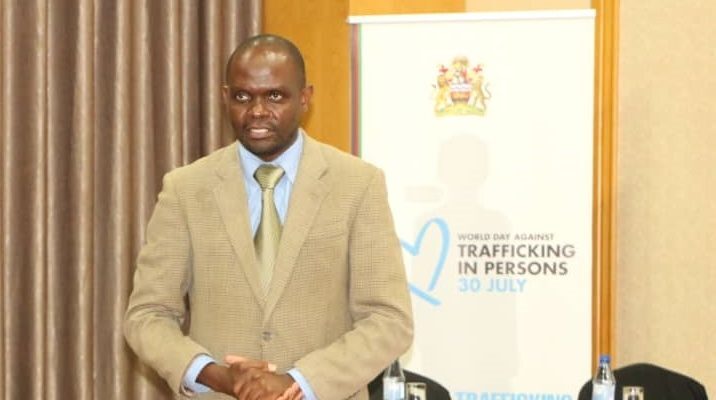
As the World Day Against Trafficking in Persons is being commemorated today, the United Nations Office on Drugs and Crime (UNODC) has called for more efforts in the fight against trafficking in persons
The day is commemorated on July 30 every year and this year it is under the theme “committed to the cause – Working on the frontline to End Human Trafficking”.
In a statement issued on Wednesday, National Programme Officer at Malawi Office United Nations Office on Drugs and Crime (UNODC), Maxwell Matewere, urged for more effort to protect trafficking victims and prevent vulnerable people from being exploited by criminals.
He noted that the COVID-19 pandemic has exposed and exacerbated many global inequalities.
He added that the pandemic has created new obstacles on the path to achieving the Sustainable Development Goals and has left millions of people at greater risk of being trafficked for sexual exploitation, forced labour, forced marriage and other crimes.
According to Matewere, women and girls already account for more than 70 per cent of detected human trafficking victims, and today are among the hardest hit by the pandemic.
He went on to say that previous downturns show that women face a harder time getting paid jobs in the aftermath of crisis.
He then urged the world to put human dignity and human rights at the centre of the COVID-19 response.
Matewere further said that everyone should pledge to work for inclusive societies and economies that leave no one behind.
He also expressed appreciation after UNODC was honoured as one of the first responders helping to end the crime of human trafficking.
Other responders are law enforcement officers, social workers, healthcare professionals, NGO staff and many others working around the world to protect the vulnerable.
Matewere added that the frontline heroes are the ones saving lives and sustaining the societies in the COVID-19 pandemic.
“We have also been keeping vital services going throughout the crisis — identifying victims, ensuring their access to justice, health, social assistance and protection, and preventing further abuse and exploitation,” he explained.














